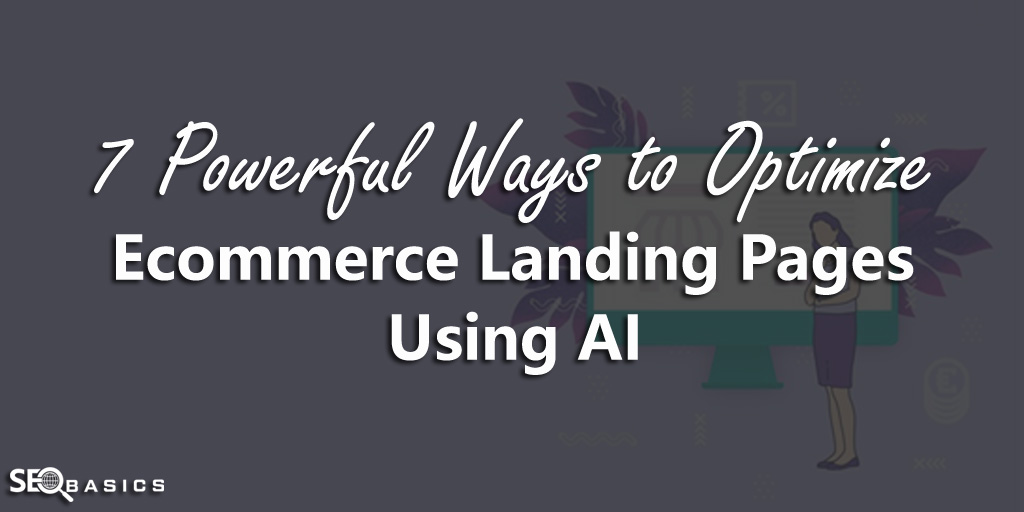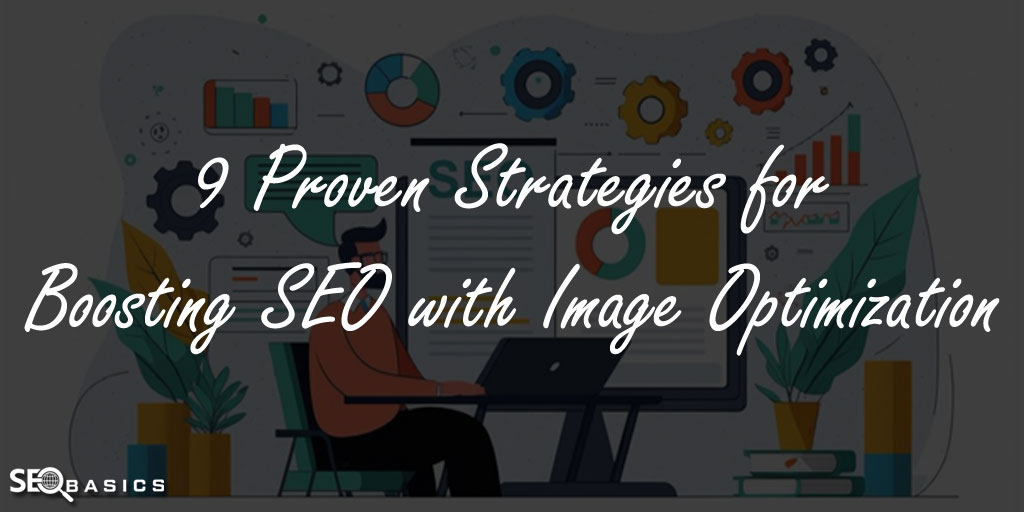In today’s post, I’m going to show you the 5 ways to build a robust SEO strategy in 2021 and beyond.
After reading this complete post, you will be able to create your own SEO strategy to get succeeded in your online business.
So let’s start.
Nearly all businesses are affected by their brand visibility.
However, unlike in the past, a large proportion of brand visibility today is online.
This is because there are over 4 billion internet users on the planet and the number is likely to increase in the foreseeable future.
Owing to the number of online marketing tools, sometimes businesses have a hard time deciding which one of them will bring them the best ROI.
If you are also keeping up with similar confusion, we recommend you opt for Search Engine Optimization (SEO).
The reason being, SEO ensures you always get organic traffic, providing a better conversion rate.
Besides, SEO keeps giving you concrete results in the long run.
But you need a robust SEO strategy to reap these benefits.
If you do not know where to start, we are narrowing down the key factors that are an integral part of every winning SEO strategy.
5 Ways To Build A Robust SEO Strategy in 2021
1. Link Your Content to Other Websites
Many people believe linking to other relevant websites is bad as it takes people away from your website.
Well, on the surface, it might sound like a valid argument.
But link building is still a crucial part of innovative SEO strategies.
One way to get authoritative links is to demonstrate your willingness to link these blogs to your content.

But it would be best to link to pages with great value.
You can also notify influencers by linking out to them.
If your post is valuable, they may link back to you and share it.
If this strategy does not work out, you are better off connecting with professionals, preferably the ones who invest in SEO link-building services for agencies to give better results to their customers.
Regardless, keep in mind that quality is more important than quantity when it comes to link building.
If you have only a handful of authoritative links, it will build trust in your niche.
2. Determine SEO Goals
Without clear goals, SEO activities will not have measurable ROI.
Here are some of the common businesses objectives you can accomplish through SEO:
a) Improving Domain Authority
Your ranking potential can be significantly influenced by the strength of your domain.
Your chances of increasing your domain authority are higher if more people read, share, and interact with your content.
Over time, SEO has been helping large and small organizations alike to meet this objective.
b) Reputation Management
People who have dealt with negative or insufficient web information about their business or themselves often want to improve the search results by adding positive mentions and links.
Guess what?
SEO can serve you this purpose as well.
Reputation management is the biggest motivation to leverage SEO.
c) Spicing Up Branding
Albeit less mainstream, one of the most effective uses of SEO is amping up your branding.
SEO has been a powerful tool for branding purposes.
It bears worth mentioning that these are just a few examples.
Depending on the current standing and where you want to take your business in the future, the goals could vary.
3. Keyword Research
You can start brainstorming keywords and then see the competition using the Google AdWords keyword tool.
Bear in mind; long-tail keywords, consisting of between two and five words, will make it easier to rank higher on the SERPs.
To kickstart the keyword research process, you may consider topics you want to rank in terms of general buckets.

You could come up with 5-10 topic categories that you feel are most important for your business.
Once you have identified a few topics you want to concentrate on, you can look for keywords that fit into these buckets.
These keyword phrases are critical to rank in the SERPs (search engines results pages).
This is because your target customer will likely be searching for these terms to find the relevant products and services.
4. Write Quality Content
It is a well-established fact that search engines love quality content.
But the content must also provide valuable information and answer users’ queries.

At times, it could be tough to write engaging content while following SEO guidelines.
If you want to keep this issue at a safe distance, walk the tight line of the following tried and trusted tips:
a) Keep The Target Audience in Mind
Although it seems simple, many companies create content for the wrong reasons.
They write for the search engines.
You should write content that is relevant to your target market and provides them value.
While all posts do not necessarily need to be about your products, they all must be industry-centric.
b) Do Not Make It Complicated
The majority of online readers have a reading level below eighth grade.
Hence, complex sentences and words can lead to confusion, forcing readers to skip the site.
If writing simple content does not come to you naturally, you can use online free writing tools for help.
c) Come Up With Catchy Headlines
Do not underestimate the power and impact of a headline.
Use rich keywords and write headlines that are interesting, clear, and engaging.
Ensure the meta description provides more information about the article’s topic.
d) Do The Proper Formatting
Although your post might be rich in content, it can easily get lost if you do not organize it correctly.
Hence, break your content down into smaller paragraphs.
That way, readers can quickly skim through it while stopping at the information they are looking for.
e) Do Not Forget Images
Use images to make your posts stand out.
However, you should only incorporate high-quality images that also complements the overall write-up.
5. Improve The Website Load Time
Imagine walking into a bakery only to be ignored by the staff.
Now think about what you would do if the system could instantly take you to another bakery that offers good service.

This is precisely how a visitor feels when a website takes too long to load.
Not only is this bad for sales, but it can also hurt your SEO rankings.
Here are some of the go-to ways to speed up your websites:
- Optimize images
- Enable caching
- Decrease the size of images
- Invest in a top-notch web hosting plan
Conclusion
As people spend more time online, SEO is also gathering a lot of popularity.
Regardless of what your business objective may be, SEO has the potential to materialize it.
We chalked out this robust SEO strategy keeping the latest Google updates in mind.
So, rest assured, you will get the desired results if you keep at it and do not give in.












